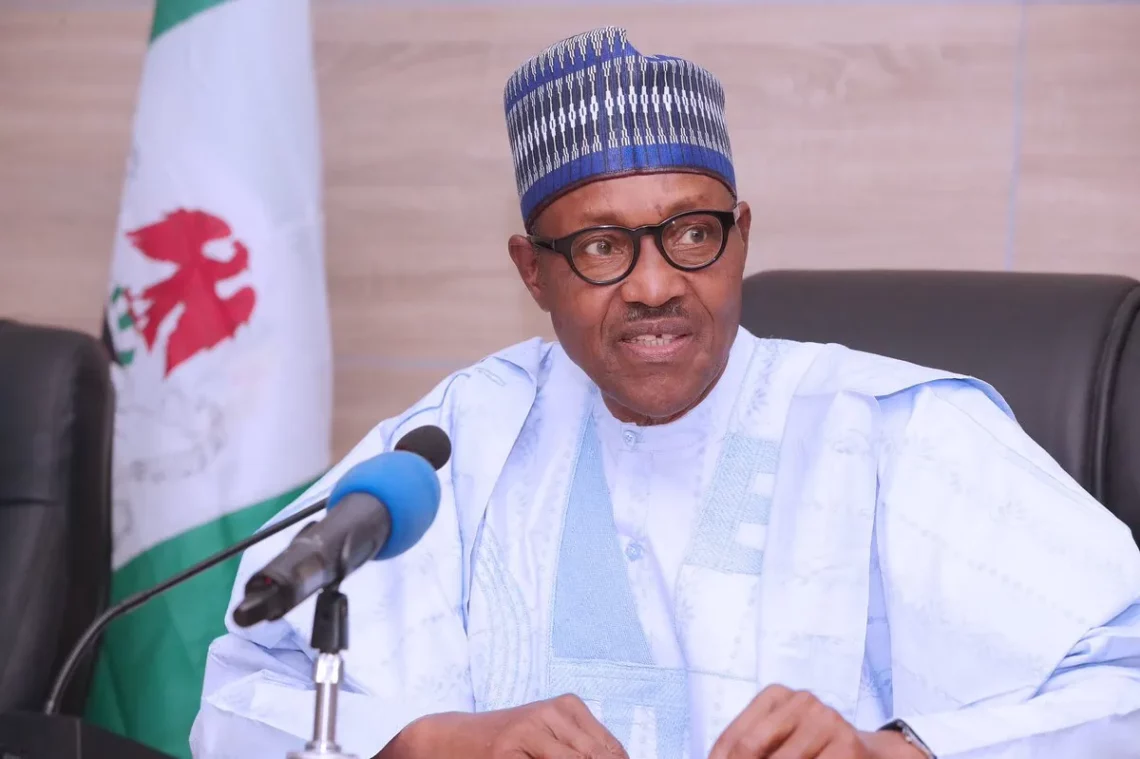The signing into law of the Business Facilitation Bill is getting ever closer, based on indications from President Muhammadu Buhari. The consummation of the bill into law will happify NATIONAL ECONOMY because it would aid the ease of doing business for small business owners in the country. The move will mark an important step in the delivery of an enabling environment for micro, small and medium-sized enterprises (MSMEs) in Nigeria.
In hindsight, we are not surprised at the feat because we are aware of the widespread reforms embarked upon by this administration.
Historically, Nigeria had been one of the worst performers on preparedness for business and investment, ranking 169 in 2016 and 145 in 2017 out of a field of 190 countries, on the World Bank’s “Ease of Doing Business Ranking.”
The uninspiring trend had left the economy worse off, restricting foreign direct investment (FDI) and deflating business confidence.
In naming Nigeria as a top performer in the last ranking, the World Bank alluded to improvements in the business environment unleashed by operationalising a new electronic platform that integrates the tax authority and the Corporate Affairs Commission (CAC); it also stated that Nigeria made getting electricity easier by allowing certified engineers to conduct inspections for new connections; and spearheaded an initiative that made commercial litigation of smaller cases more efficient.
But we are aware that government reforms go deeper than that. First, to demonstrate that it means business, a Presidential Enabling Business Environment Council (PEBEC) was inaugurated with the Vice President as head. PEBEC is the mechanism behind the actualising effect of the Business Facilitation Bill.
That initiative birthed and implemented no fewer than 140 reforms in the last three years targeted at opening up the business space and facilitating the smooth conduct of business by local and foreign businesses. This was the subject of the 2nd Presidential Enabling Environment Council Awards held recently in Abuja.
Some of the successful reforms include the ability to reserve a business name within four hours, complete the registration of a company within 24 hours online, as well as apply for and receive approval of a visa-on-arrival electronically within 48hours.
It is noteworthy that sub national governments keyed into the initiative as Lagos and Kano established specialised small claims commercial courts. Other states that championed reform were Kaduna, Enugu, Abia, Lagos and Anambra.
Should the reforms be sustained and pursued with equal vigor and commitment, we have little doubt that the ambitious, if audacious target of the PEBEC to vault Nigeria into the top 100 of the DBI in the near future is attainable if not surpassed, although the ranking is temporarily on hold.
But hitting that target would require improvements in many other quarters of the economy, including improvements on fast speed internet and internet penetration, transportation of persons and goods across the country with ease, and improved laws on property rights and a sound justice system. Equally important is the issue of easy profit repatriation by foreign companies, the lack thereof, which led to major international airlines leaving the country in 2016, including United Airlines and Iberia. British Airways and Air France were going to follow but for a quick rethink by the government.
We are confident that our economy would be the economy of choice among emerging markets once the reforms are fully implemented, leading ultimately to a spike in FDI, with the concomitant buoying effect on the Gross Domestic Product (GDP) along with its long-term welfare benefits.
And although the World Bank’s Doing Business Index has been suspended, we are confident Nigeria will rank higher when the next ranking is released.





